The Early Greeks
History
Aesop
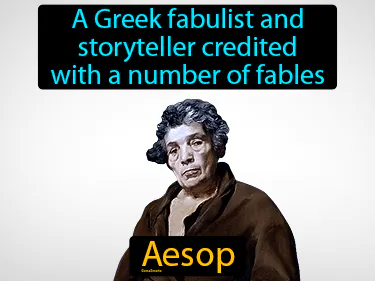
A Greek fabulist and storyteller credited with a number of fables. Aesop. Aesop is known for creating short moral stories called fables.
Asia Minor
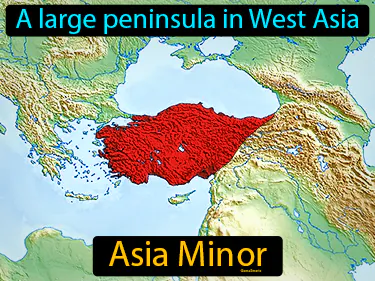
A large peninsula in West Asia. Asia Minor. Asia Minor, known today as Anatolia, was the western part of modern-day Turkey, playing a significant role in ancient civilizations like the Greeks and the Romans.
assembly
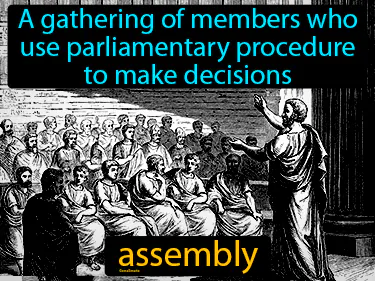
A gathering of members who use parliamentary procedure to make decisions. Assembly. An assembly is a group of people who come together to create and vote on laws and policies throughout history.
Athens
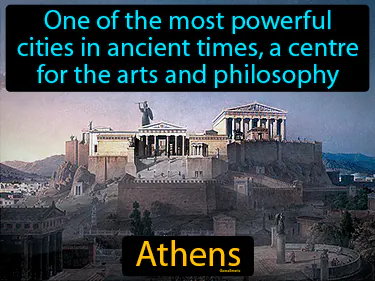
One of the most powerful cities in ancient times, a centre for the arts and philosophy. Athens is the birthplace of democracy in ancient Greece.
Balkan Peninsula
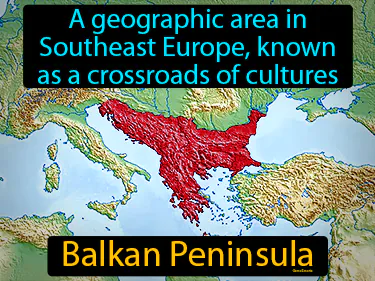
A geographic area in Southeast Europe, known as a crossroads of cultures. Balkan Peninsula. The Balkan Peninsula is a region that has historically been a melting pot of various cultures and civilizations due to its strategic location.
bard
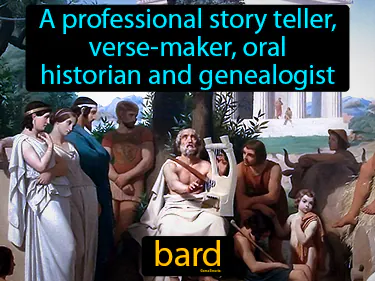
A professional storyteller, verse-maker, oral historian, and genealogist. Bard. Bards were ancient poets who preserved and recounted history and legends through song and verse.
Crete
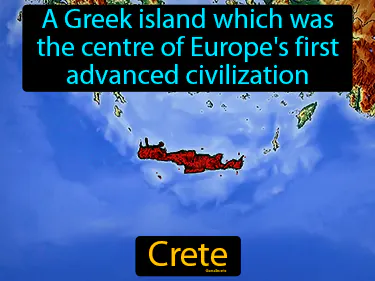
A Greek island which was the centre of Europe's first advanced civilization. Crete. Crete is an island in Greece that was home to the ancient Minoan civilization, known for its advanced art and architecture.
cultural appropriation
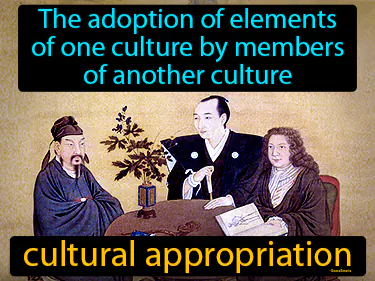
The adoption of elements of one culture by members of another culture. Cultural appropriation. In History, cultural appropriation often involves one culture taking symbols, rituals, or clothing from another, usually without understanding or respecting their original significance.
Cyrus
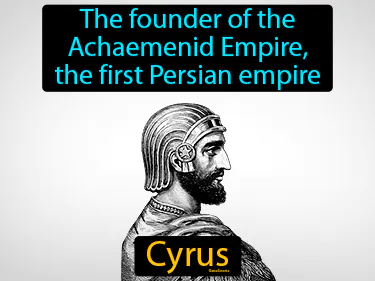
The founder of the Achaemenid Empire, the first Persian empire, Cyrus. Cyrus was a great king who created one of the largest empires in ancient history.
Darius
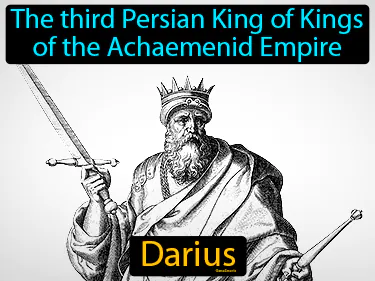
The third Persian King of Kings of the Achaemenid Empire. Darius. Darius was a powerful ruler who expanded the Persian Empire and improved its infrastructure and economy.
Draco
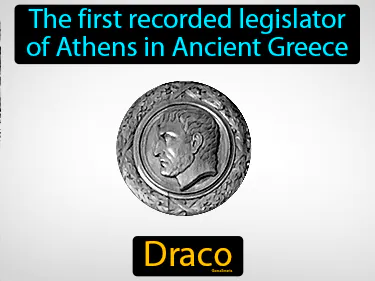
The first recorded legislator of Athens in Ancient Greece Draco. Draco is known for creating the first written code of laws in Athens, which were extremely harsh.
epic
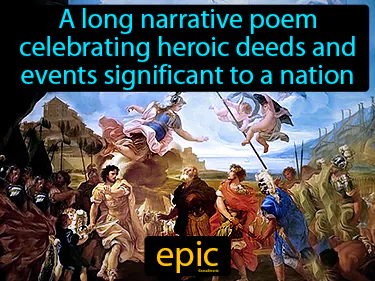
A long narrative poem celebrating heroic deeds and events significant to a nation. Epic. In history, an epic is a grand story that highlights the adventures and achievements of heroes important to a culture or nation.
fable
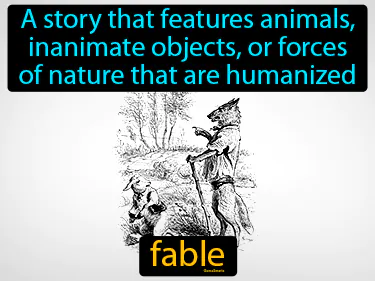
A story that features animals, inanimate objects, or forces of nature that are humanized. Fable. A fable is a short story that conveys a moral lesson, often featuring talking animals or objects.
Greece
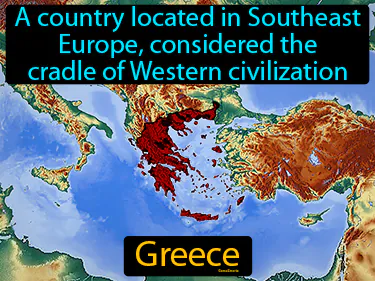
A country located in Southeast Europe, considered the cradle of Western civilization. Greece. It is known for its influential role in the development of democracy, philosophy, and the arts in ancient times.
helot
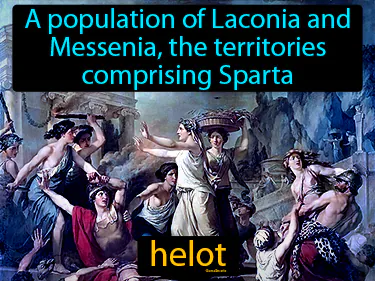
A population of Laconia and Messenia, the territories comprising Sparta. Helot. Helots were essentially serfs or state-owned slaves who worked the land for the Spartans in ancient Greece.
Homer
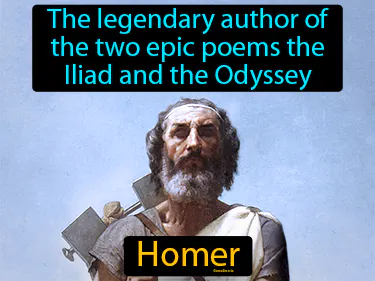
The legendary author of the two epic poems the Iliad and the Odyssey. Homer. He is an ancient Greek poet who shaped our understanding of Greek history and mythology through his storytelling.
league
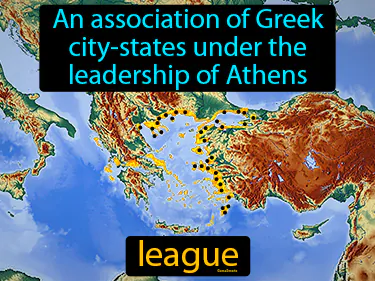
An association of Greek city-states under the leadership of Athens. A league is a group of nations or states that unite for a common purpose.
legend
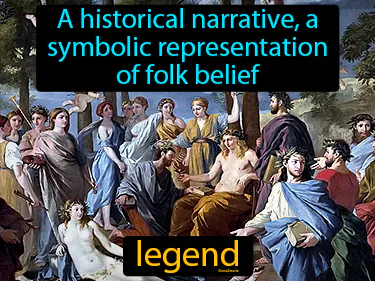
A historical narrative, a symbolic representation of folk belief. Legend. In history, a legend is a traditional story that is regarded as historical but not necessarily verified.
majority rule

A decision rule that selects alternatives which have a majority. Majority rule. In history, majority rule is a democratic method where decisions or elections are based on what more than half of the people want.
Mesopotamia
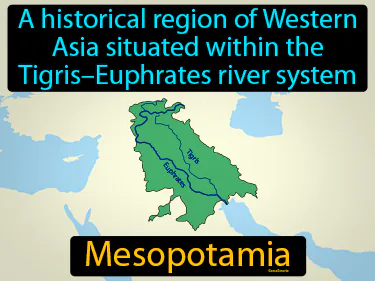
A historical region of Western Asia situated within the TigrisEuphrates river system. Mesopotamia. It is often called the "cradle of civilization" because it is where the first cities and writing systems developed.
Mycenae
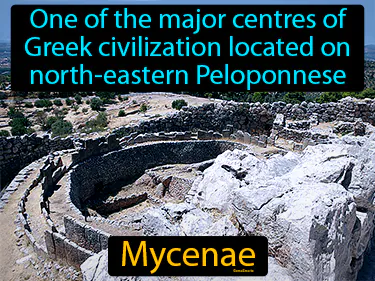
One of the major centres of Greek civilization located on north-eastern Peloponnese. Mycenae. Mycenae was an ancient city known for being a powerful and influential center during the late Bronze Age in Greece.
myth
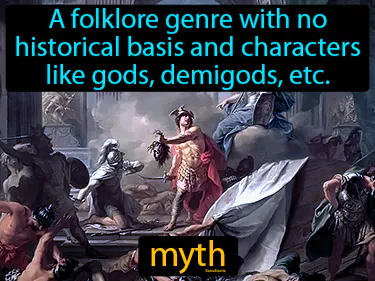
A folklore genre with no historical basis and characters like gods, demigods, etc., is a myth. Myths are traditional stories used by ancient cultures to explain natural phenomena and human experiences.
mythology
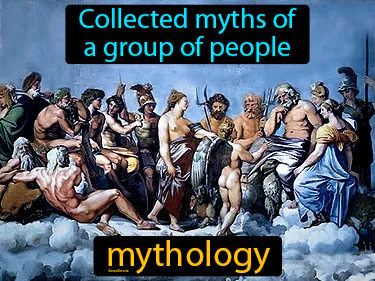
Collected myths of a group of people. Mythology. It is the study of traditional stories that cultures use to explain the world and human experiences.
peasant
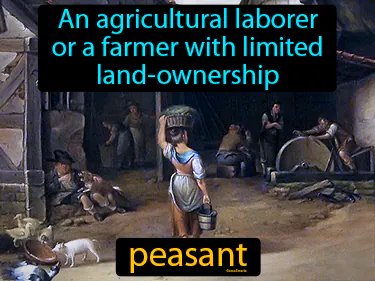
An agricultural laborer or a farmer with limited land-ownership is called a peasant. In history, peasants were the backbone of agricultural societies, working the land and producing food, often under the control of landlords.
reform
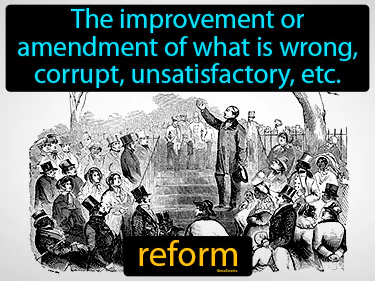
The improvement or amendment of what is wrong, corrupt, unsatisfactory, etc.. reform. In History, reform means making changes to fix problems in society or government.
Solon
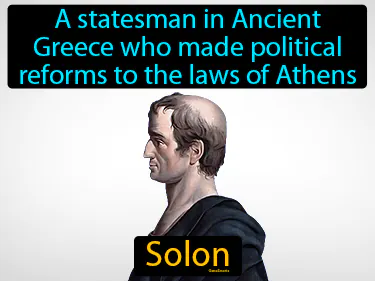
A statesman in Ancient Greece who made political reforms to the laws of Athens. Solon. Solon was an Athenian leader who introduced important legal and economic changes that laid the foundation for democracy.
Sparta
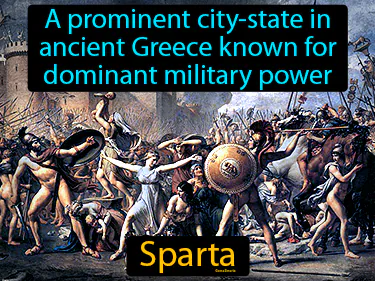
A prominent city-state in ancient Greece known for dominant military power. Sparta. Sparta was a powerful city-state in ancient Greece, famous for its military strength and disciplined society.
Troy
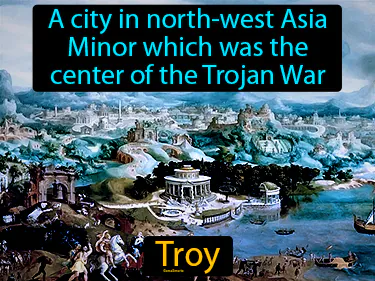
A city in north-west Asia Minor which was the center of the Trojan War. Troy. Troy is an ancient city famous for being the battleground of the legendary Trojan War, as depicted in Greek mythology.